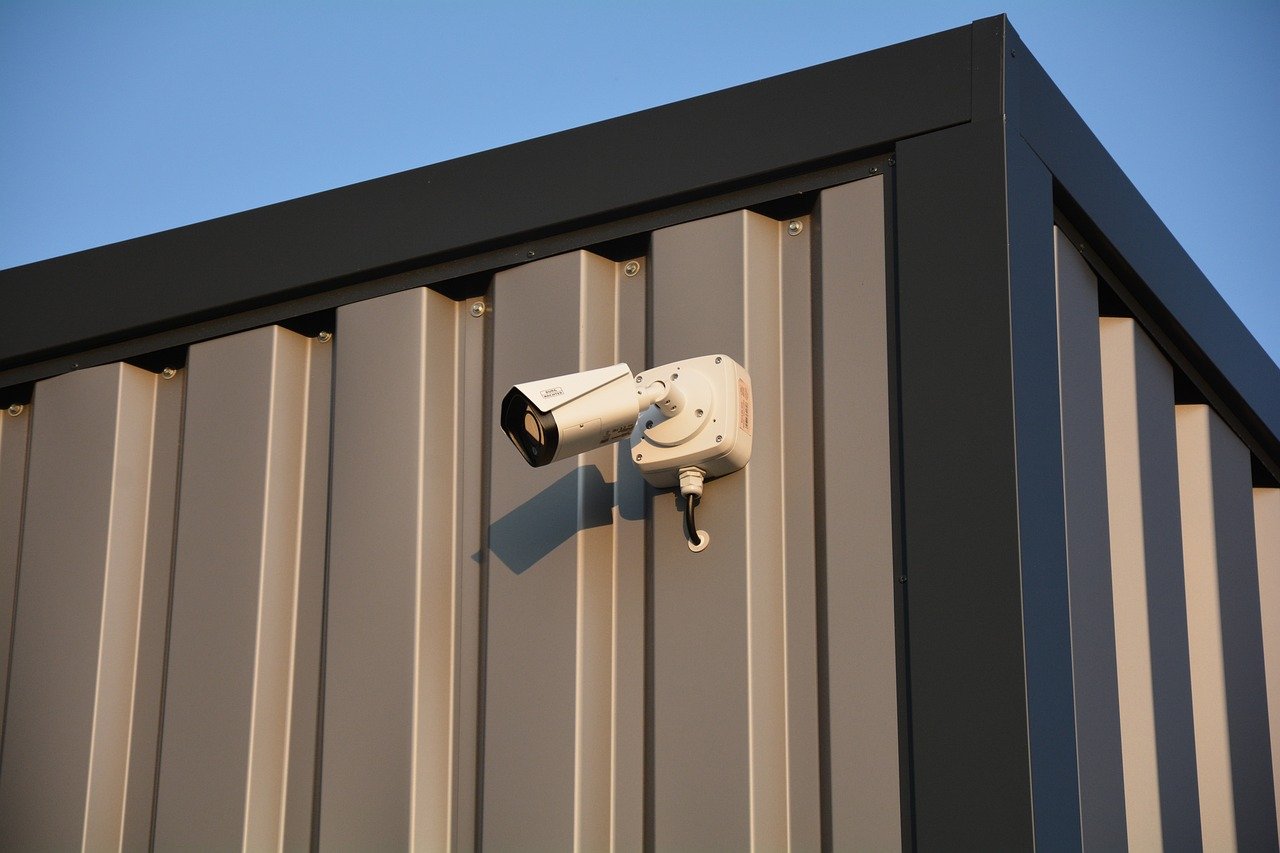Nvidia has released software updates for two high and medium severity bugs for Riva. The vulnerabilities, dubbed CVE-2025-23242 and CVE-2025-23243, are rated 7.3 and 6.5 on the CVSS scale, respectively, and can cause DoS attacks, data leakage, and other system disruptions if exploited.
Nvidia Riva is a GPU-accelerated software development kit (SDK) that lets developers build multilingual AI agents that can converse in real-time. The bugs were caught by security researchers at Trend Micro, whose report claims that these “misconfigured Riva deployments enable unauthorised access.”
All versions of Riva up to and including 2.18.0 are vulnerable to the issues. Researchers discovered a “concerning pattern of exposed Nvidia Riva API endpoints across multiple organisations deployed in cloud environments. Unless updated to version 2.19.0, anyone can exploit these instances to access Riva services for free, including using hardware resources and paid API keys.
Both bugs are improper access control issues. Successful exploitation of CVE-2025-23242 can lead to escalation of privileges, data tampering, denial of service, or information disclosure. Similarly, CVE-2025-23243 can lead to data tampering or denial of service attacks.

After initialisation, the Riva server listens for gRPC connections on port 50051. Trend Micro claims that after going through the documentation and available examples, a user “might assume that the service can be configured in a secure way” by modifying the config.sh script and generating any relevant certificates.
However, the gPRC listener only enforces a TLS/SSL connection and encrypts the traffic between the client and server. This means that a client can verify a server, but no one verifies the client, and hence, everyone can use the service. This behaviour can invoke a “false sense of security,” especially considering all services are exposed to any client trying to connect.
The vulnerabilities have been patched in Nvidia’s latest update, but it falls on organisations using Riva to update their servers and protect any API endpoints from being exposed to the internet. Nvidia’s advisory doesn’t report any ongoing exploitation attempts in the wild.
At the time of writing, Trend Micro identified 54 unique IP addresses with Nvidia Riva services exposed, all belonging to different cloud service providers. System admins are recommended to update their Riva installations to the latest version available. Implementing a secure API gateway and exposing only intended gRPC and REST API endpoints can also prevent unauthorised access.
In the News: Galaxy devices can leak passwords via clipboard bug






